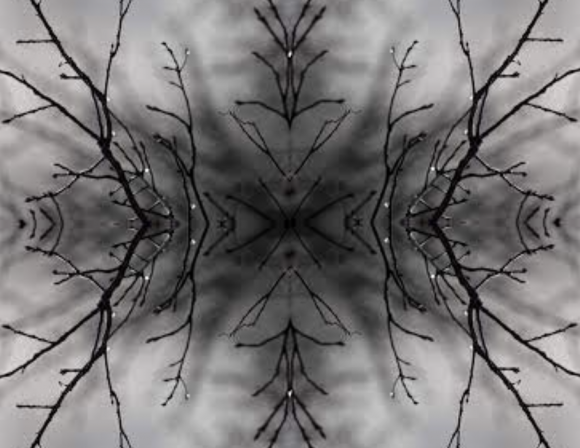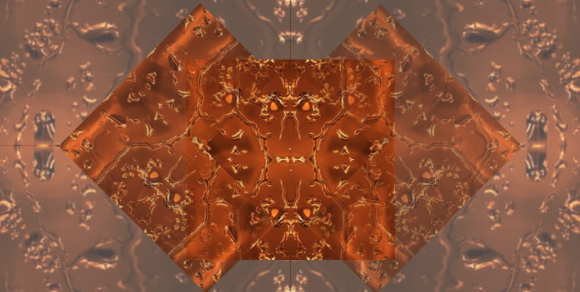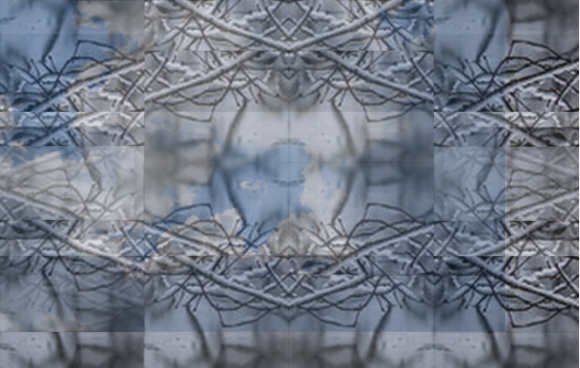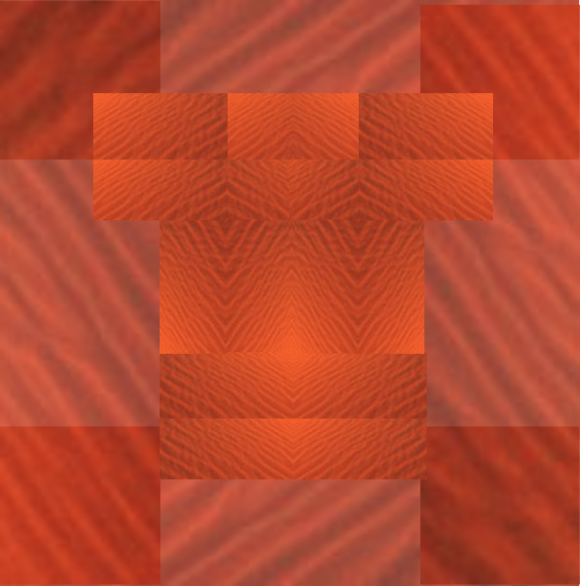
I continue looking into the implied theory of ghosts in Reginald Hill’s short story “There are No Ghosts in the Soviet Union”. We’ve discussed the first of the Chislenko premises, and then digressed into a number of complications. It’s time to move on to the second premise. In earlier posts, I have already speculated that a theory of ghosts would include a necessary element of death, a form of...







